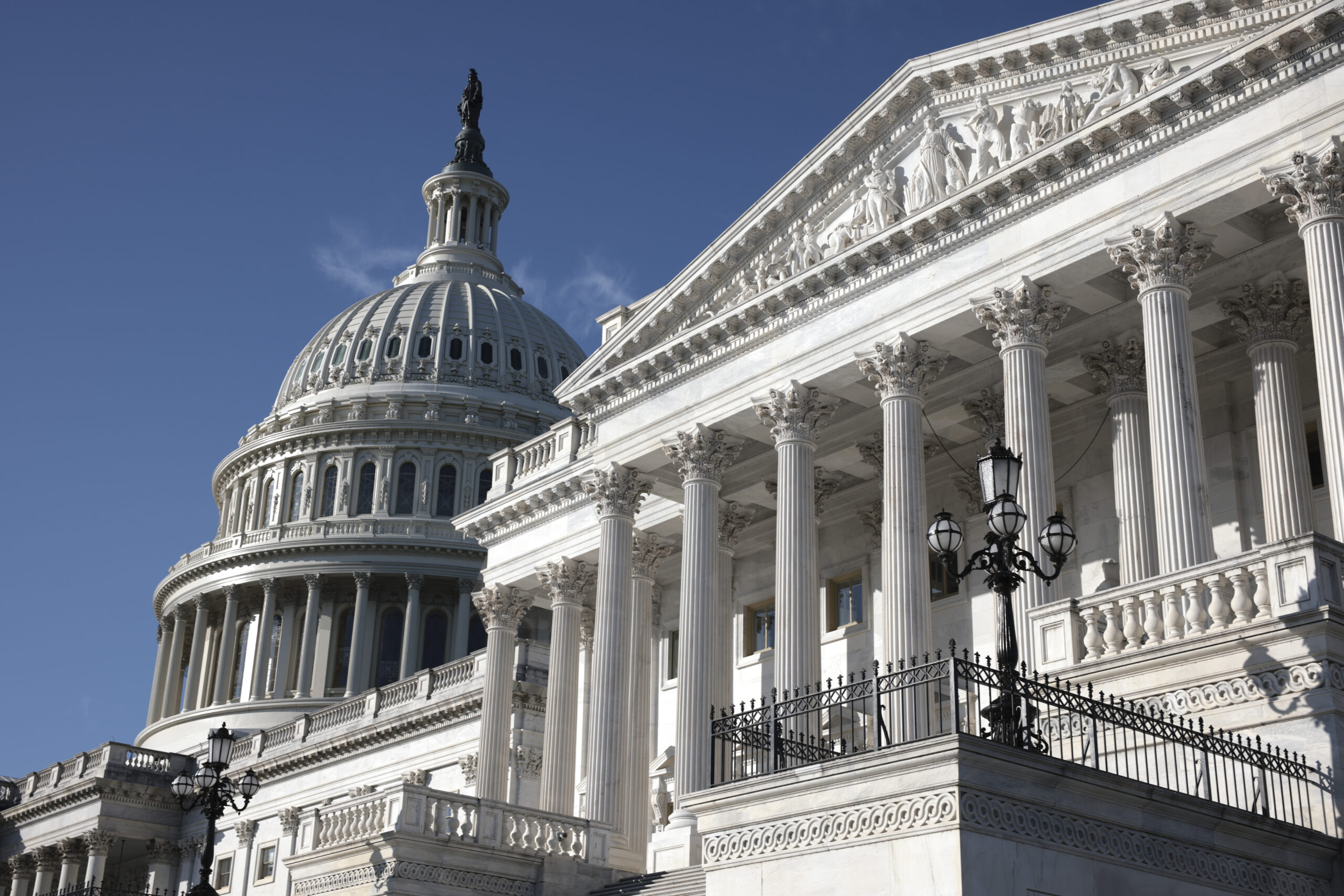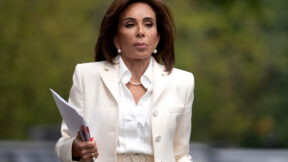House Passes $1.9 Trillion Build Back Better Package

Photo by Anna Moneymaker/Getty Images
The House of Representatives voted on Friday morning to pass a $1.9 trillion social spending bill.
The tally, following a record-marathon House speech by Minority Leader Kevin McCarthy (R-CA), was 220-213. All but one Democrat voted in favor of it, while all Republicans voted against it. Rep. Jared Golden (D-ME) was the sole Democratic vote against the bill.
On Thursday, the nonpartisan Congressional Budget Office scored the bill and projected that over the next 10 years it will add $367 billion to the deficit. However, that figure does not account for revenue that may be generated by more rigorous tax code enforcement by the IRS. The CBO estimated that enhanced enforcement could net as much as $207 billion in receipts over the next decade. Additionally, the federal government would save $160 billion on prescription drug prices. Half of that would be due to the fact that Medicare would be allowed to negotiate drug prices with pharmaceutical companies.
The legislation primarily centers on social spending. Included in the bill is spending for universal pre-kindergarten, paid family leave, affordable housing, and an expansion of Medicare to cover hearing ailments.
The bill faces an uncertain future in the 50-50 Senate. Because no Republicans appear poised to vote for the bill, Democrats will not be able to secure the 60 votes necessary to break a GOP filibuster and advance the bill to a vote on passage. As such, the Democratic majority would need to pass the bill via the budget reconciliation process, which requires a simply majority vote. That means all Senate Democrats would have to vote to approve the legislation so Vice President Kamala Harris could cast the tie-breaking vote.
Sen. Joe Manchin (D-WV) has stated repeatedly he does not support including paid family leave in a reconciliation bill. He has also expressed concerns that a spending bill exacerbate inflation. Sen. Kyrsten Sinema (D-AZ) has expressed opposition to certain proposed tax increases.
New: The Mediaite One-Sheet "Newsletter of Newsletters"
Your daily summary and analysis of what the many, many media newsletters are saying and reporting. Subscribe now!






Comments
↓ Scroll down for comments ↓